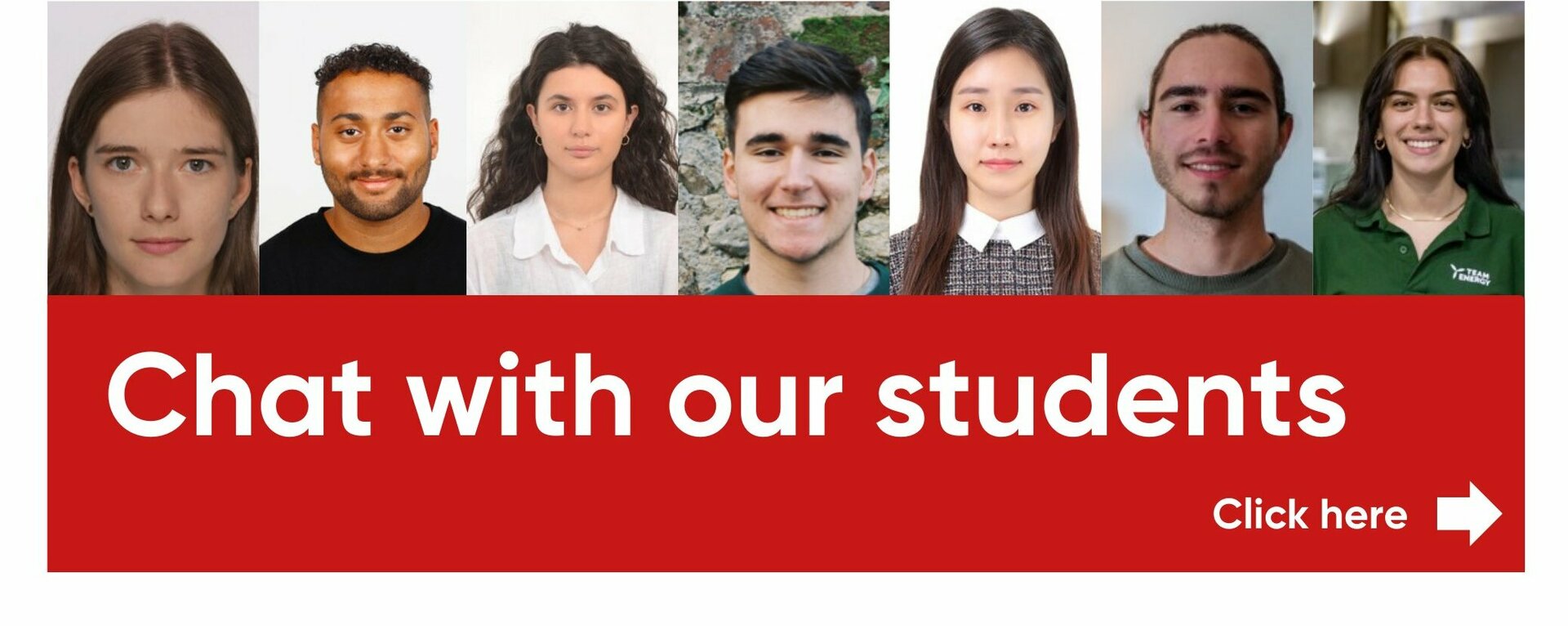The world is in a state of flux and the city is very much part of this change. To accommodate the increasing number of households, more dwellings have to be realized in the coming decades. Developing new residential areas and redeveloping our cities to meet current and future requirements regarding quality of life, green energy and a circular economy pose new kinds of challenges.
Challenges for a quality urban life
We face various challenges in different facets to maintain the quality of life in the city. Consider the ambition to make the urban economy circular: how do we achieve this? Or climate change: how do we design a climate-resilient city? The growing need for healthy working environments, energy-neutral cities and sustainable transport also demands our attention. And from a social perspective, think of the desire to combat the loneliness the elderly experience.
All these urban challenges and real estate issues require new ways of thinking, an inquisitive attitude and an eye for the human aspect. Cities consist of a physical environment: buildings, neighborhoods and transport networks, and of people. These are inextricably linked and interact with each other constantly.
This master’s track in Urban Systems & Real Estate (USRE) teaches you how to develop a human-oriented built environment that allocates the space for these ideals and ambitions and where we enhance the quality of urban life. Both the government and the business community are increasingly addressing this issue from various angles, including real estate management, project and process management, and urban planning and transport.
What’s the program all about?
The master’s track in Urban Systems & Real Estate (USRE) is a versatile program. You learn how to analyze and model the urban environment. In this program we consider cities as systems in which real estate – housing, offices, shops and healthcare institutions – and transport, energy and communication networks are closely linked.
As a student, you learn the techniques to understand and even predict the behavior of people operating in these systems. Think of everything that people do in cities. Where do they live, shop, work and relax? How do they move around? You focus on three important themes:
- the needs and the behavior of people;
- healthy living environments;
- sustainability.
You learn how to develop and apply organizational strategies, how decision-making processes take place and who are the important stakeholders to involve. You also learn how to apply smart technology to develop healthy buildings and neighborhoods where people enjoy living and working.
Multidisciplinary
The master’s track is multidisciplinary. The lecturers are experts in engineering, psychology, data science and ICT, economy and management, urban development, and urban planning and transport. This expertise is based on academic research at the highest level, often conducted in cooperation with commercial and governmental organizations.
Three main areas
The master’s track consists of three main areas with which the core courses are aligned.These areas are:
- Real Estate Management and Development. Courses and project work based on corporate real estate management, commercial real estate management, area development, residential real estate, neighborhood development and place making;
- Urban Planning and Transportation. Courses and project work in the field of urban planning, smart mobility and smart and healthy living environments;
- Information Systems for the Built Environment. Courses and project work in the field of process management, Building Information Management (BIM), urban informatics and computer-based design methodology.
In the five basic courses, you develop your basic knowledge and skills in each of these main areas. With electives in the field of Urban Planning, Real Estate and Building and Information Management you specialize in the topics that appeal to you. The courses address the latest technologies in the field of building and geographical information systems, data analytics, Artificial Intelligence and Virtual Reality.
Research groups
The Urban Systems & Real Estate unit has various research groups. These research groups correspond with the abovementioned three core areas. The groups join forces in the ‘Design and Decision Support Systems’ (DDSS) research program. For more information, please consult the Research Groups.
In this research program, lecturers and PhD students examine the preferences and behavior of people in the built environment. Virtual Reality experiments, data analytics and AI play a prominent role. Moreover, research is conducted into the possibilities to better align buildings and the built environment with people’s preferences. The aim is to make buildings and the built environment as sustainable and healthy as possible, and to strive for the highest quality of life.
Who are you?
Do you have a keen eye for people and their motivations, an open and inquisitive attitude and do you want to contribute to the innovation of the built environment? Then, the master’s track Urban Systems & Real Estate is the one for you. Do you have analytical capabilities such as systems thinking – and are you interested in planning and management? Basic knowledge of planning concepts, real estate and area development, geographical and building information systems and research methods for social sciences are important too.
Urban Systems & Real Estate at TU/e: a unique profile
Students who have completed this program have a unique profile. They have a strong affinity with users and user applications of the built environment, and with applying (intelligent) digital tools.Solutions on human scale always start with analyzing the needs and the behavior of users in the built environment. The availability of big data enables analysis, planning and prediction. The combination of research into behavior, data analytics and application of the latest developments in ICT makes this master’s program at TU/e unparalleled. If this appeals to you, this master’s track in Eindhoven is the one for you.
Chat with our students
Mastertracks
Visit us
Do you want to stay informed about important information about studying at TU/e and upcoming events? Then create an account in MyStart@TU/e!
Contact

This program is NVAO-accredited. In the Netherlands, the NVAO assesses the internal quality assurance of universities and colleges and the quality of their programs.
